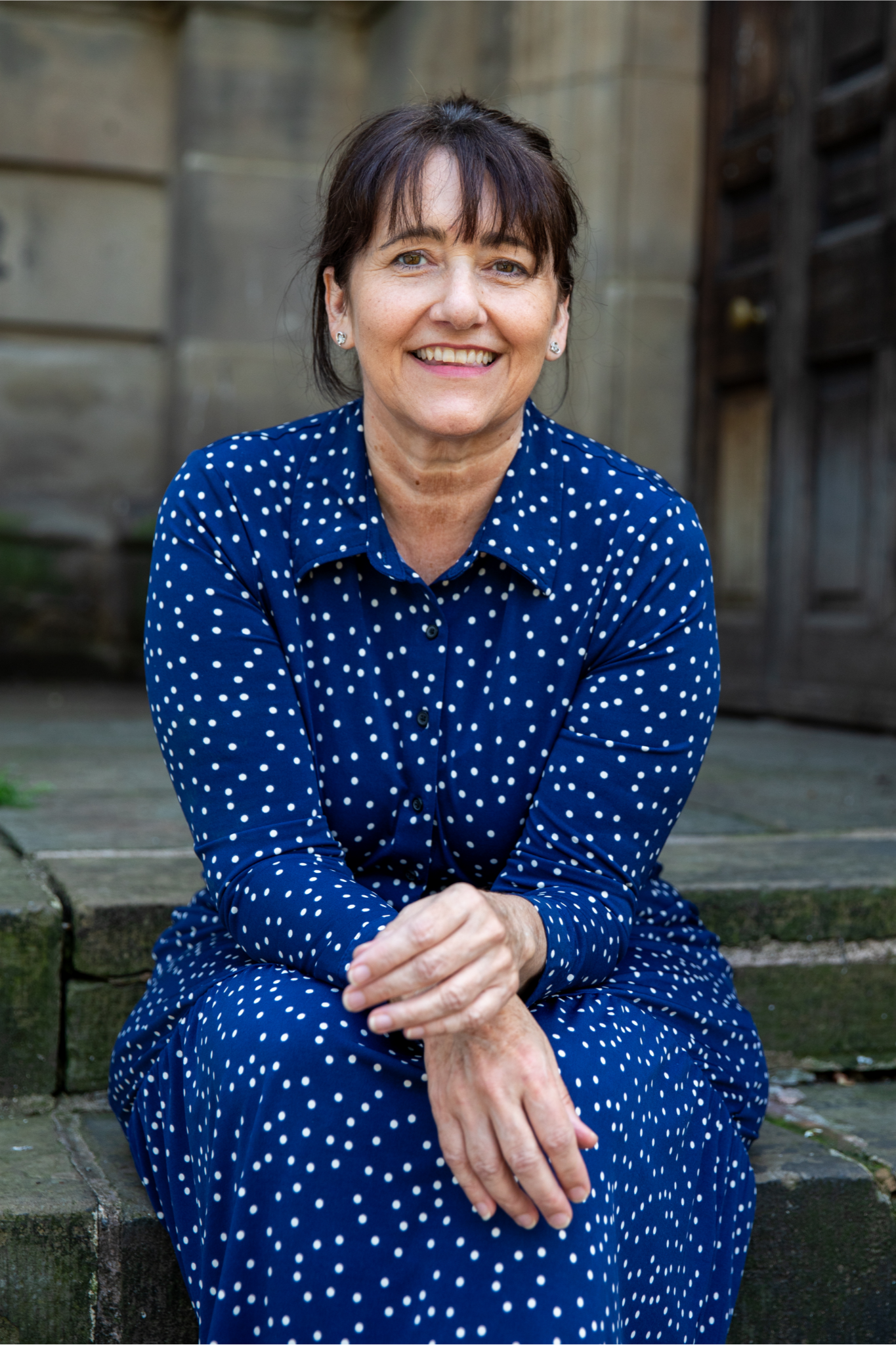The UK has the largest health and education gap in all 20 countries of the G20.
Globally learning about female physiology including menstrual and menopause health does not exist in any formal education setting, that I can find. There have been decades of missed opportunities to educate people who menstruate, about the way in which the menstrual cycle affects their basic physical and mental health needs.
Knowledge is power, but you can’t manage what you don’t understand.
I believe we can change this situation rapidly and simply, by creating menopause-confident people who can start conversations and create safe spaces to discuss menstrual and menopause health, with people of all ages and genders.
- We need more wellness professionals to talk about the topics with clarity and calm.
- We need more health coaches facilitating the learning of the topics who are safe, supportive, and backed by science.
Who better to fill this role than those already supporting others with their physical and emotional health, such as holistic practitioners, physical therapists, and other well-being entrepreneurs?
Let’s explore below, the benefits for wellness practitioners, of all modalities, understanding menstrual health from periods to perimenopause and beyond:
- The menstrual cycle can affect a client’s mental health, sleep patterns, and energy levels. It’s crucial for holistic therapists to be aware of these changes to provide tailored support.
For example, mindfulness techniques, nutritional guidance, and stress management can help clients cope with hormonal fluctuations and emotional shifts.
- You can use terminology during a consultation that will place their menstrual health at the forefront of their mind. By clarifying terms such as premenopause, perimenopause, and menopause you can enable them to start considering the different ways their menstrual health may be being affected by the food they eat, for example.
- By supporting your clients through perimenopause further down the menstrual health timeline, you can empower them to embrace this life phase with resilience and self-care. It’s an opportunity for personal growth and transformation, and you play a pivotal role in that journey.
By recognizing the physical and emotional challenges that the entire journey brings from periods to perimenopause and beyond, therapists can tailor their approach to provide better support.
- Clients already feel safe and supported in your presence so why not expand your relationship with them to create safe and comfortable spaces to talk about menstrual health, with a lifetime lens? Ways in which you can do this would be to add a question to your client record card so they know it’s OK to mention what day of their cycle they are on.
If they are mid-cycle their pain threshold is likely to be higher than if they were a few days before their bleed. Knowing this may make a difference to the physical techniques you use during your treatment, if you are a skincare or massage therapist, for example.
In the world of The Menopause School soon asking the question ‘How are your periods at the moment?’, will become a key priority to ask, which raises no eyebrows and simply makes sense. Not only that if you think about it it really is the right thing to do, for a whole-person approach to health and wellness.
Empowered with the right knowledge, holistic therapists can guide their clients toward a more balanced and harmonious approach to wellness, ensuring that they thrive throughout all stages of life as they travel along the hormone highway, from menstruation to menopause.




